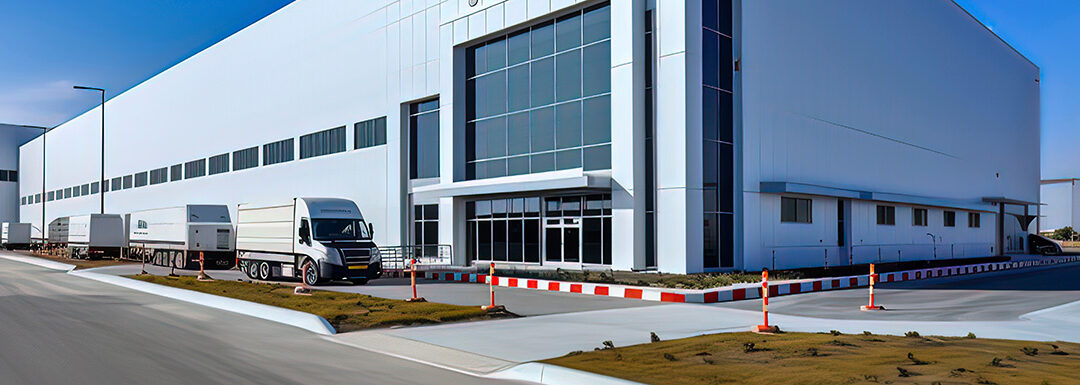Going into the 2024 legislative session, funding for the Regionally Significant Industrial Sites (RSIS) program was an economic development coalition priority which would have continued giving local governments much needed support in expanding industrial development across Oregon.
RSIS is a performance-based economic development program that reimburses project sponsors for approved site improvement expenditures. The state shares a portion of the state income tax generated by employment on RSIS sites for industrial land site readiness activities beginning the year after a project’s employment thresholds are reached.
Before the expiration of RSIS, it was the state’s only program for getting regionally significant potential industrial sites ready for development.
In the 2023 session, we saw how investments in economic development could be impactful for industry and job creation with the passage of Senate Bill 4. This bill required the development of a program to award grants and make loans from Oregon Creating Helpful Incentives to Produce Semiconductors (CHIPS) Fund to businesses applying for federal semiconductor financial assistance. This was a critical step in increasing the supply and readiness of industrial lands in Oregon.
This semiconductor investment served as the spark for what would become the 2024 funding request for the RSIS program. House Bill 4042, the RSIS funding request, passed both its policy and revenue committee hearings – it ended the session in Ways and Means, unfunded without a floor vote.
As the Association of Oregon Counties (AOC) prepares for the 2024 session, industrial lands and RSIS funding is a priority amongst our partner groups. Within this coalition it is a shared belief that RSIS has demonstrated results and deserves to be reauthorized.
Business Oregon has reported twelve approved RSIS sites representing 6,250 acres of industrial land expected to generate over 34,000 jobs and potentially receive reimbursement of up to approximately $570 million of project costs.
Building off of the 2024 proposed legislation, what will be introduced in 2025 will have the same $40 million request. If this proposed funding is granted, there would be positive impacts for local governments, bringing in tax revenue and creating economic opportunities for their community members.
Contributed by: Miles Palacios | Legislative Affairs Manager

